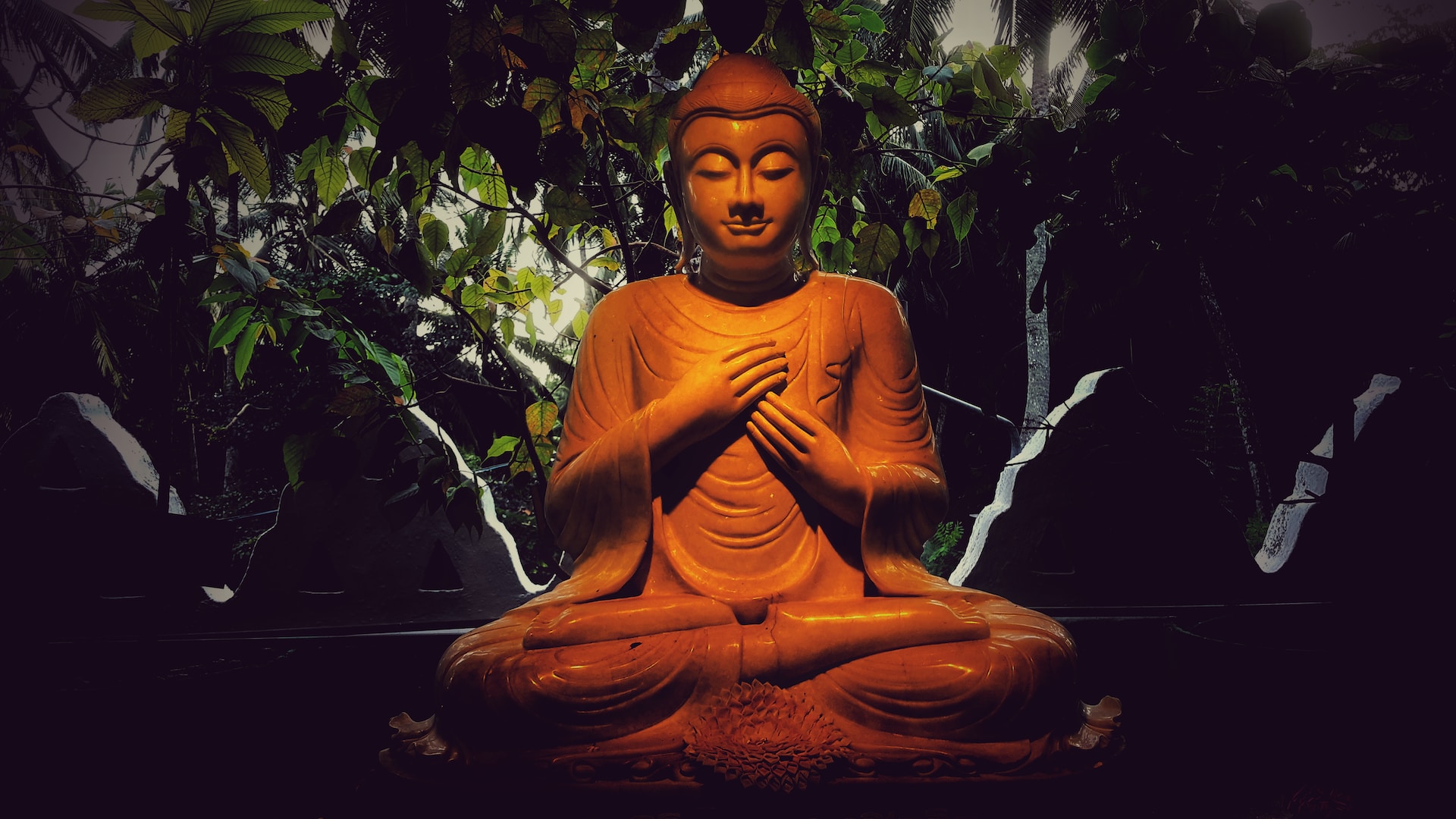Tibetan Exile Government Accuses China of Cultural Extermination

Dharamshala: The Tibetan government-in-exile has intensified its allegations against China, accusing it of systematically eradicating the Tibetan identity and denying fundamental human rights in the region. This accusation comes amidst ongoing debates about Tibet’s cultural and political status under Chinese rule.
Tenpa Tsering’s Strong Condemnation
The president of the Tibetan government-in-exile, Tenpa Tsering, made a powerful statement on Human Rights Day, directly challenging China’s policies in Tibet. Tsering criticized China’s recent “white paper” on Tibet, which claimed significant developmental achievements in the region, including economic growth, social stability, and environmental protection.
China’s Modernization Path and Its Impact
According to the Chinese government, their rule has brought remarkable progress to Tibet, highlighting infrastructural developments like highways and high-speed railways and promoting tourism to boost local incomes. However, Tsering argues that these developments mask a deeper agenda of the Chinese Communist Party to create a singular Chinese national identity, pushing the Sinicization of Tibetan Buddhism and promoting socialist values at the expense of Tibetan cultural heritage.

Unprecedented Suffering and Oppression
Tsering condemned the actions of the Chinese authorities, describing them as an unparalleled infliction of suffering and oppression on the Tibetan people. This statement reflects growing concerns about the dilution of Tibetan cultural identity and increasing Chinese influence in the region.
Dalai Lama’s Stance
The Dalai Lama, who has been living in exile in Dharamshala, India, since 1959 following a failed uprising against Chinese rule, advocates for substantial autonomy and the protection of Tibet’s native Buddhist culture. Despite China’s claims of him being a separatist, the Dalai Lama has repeatedly clarified that his intentions are not for separation but for meaningful autonomy within China.
Cultural Event Marking Nobel Peace Prize Anniversary
The statement by Tenpa Tsering was made at the Tsuglakhang temple in Dharamshala during a cultural event marking the 34th anniversary of the Dalai Lama receiving the Nobel Peace Prize. The event saw performances by Tibetan schoolchildren and artists, symbolizing the preservation of Tibetan culture in exile.
Conclusion
The ongoing conflict over Tibet’s cultural identity continues to be a point of contention between the Tibetan government-in-exile and China. As allegations of cultural extermination grow, the international community’s role in addressing these concerns remains crucial. The preservation of Tibet’s unique heritage and the protection of human rights in the region are at the forefront of this complex geopolitical issue.
©globalpeacemovement.org
